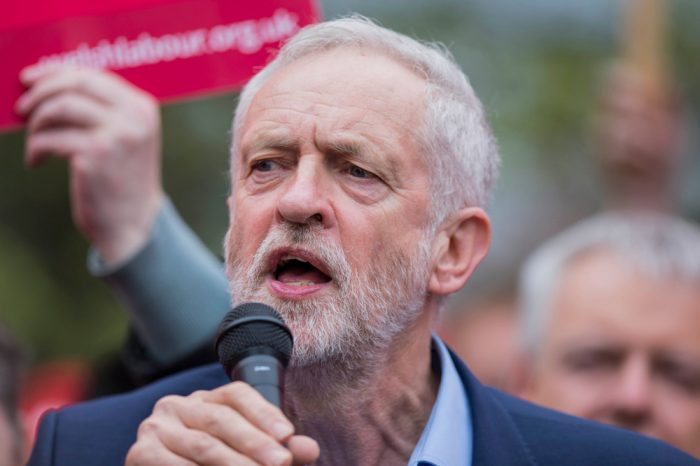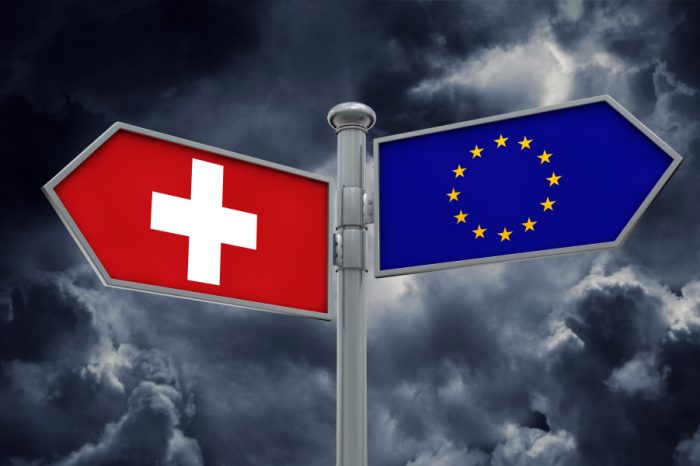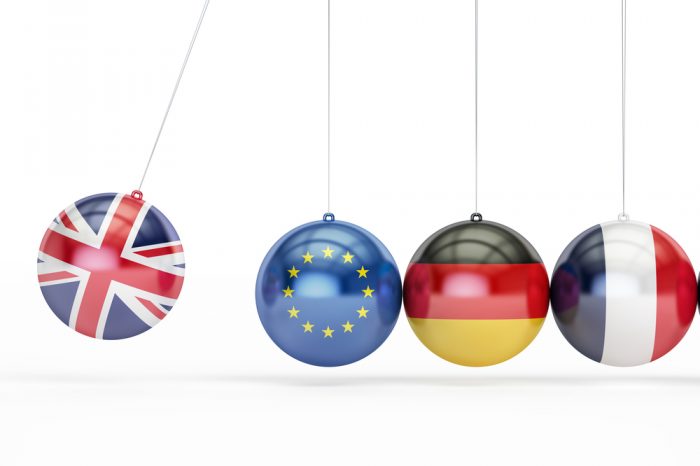June’s result must be respected
The result we achieved on 23rd June 2016 was a key victory but it is clear that this was not the end of the war. There are still key obstacles to be overcome before we find ourselves fully disengaged from EU membership.
The first issue is to ensure that we all agree, at least broadly, on what our negotiating strategy should be. Here, a broad consensus has emerged. Starting with trade, unless there are massive and permanent – and thus very unlikely – derogations, we will have to be outside the Single Market, if we are going to secure control of our own borders, to reduce very substantially our payments to the EU and to be outside the jurisdiction of the EU’s Luxembourg Court. Ideally, we should then combine this with a Free Trade deal with the rest of the EU, which would keep our existing trade relations in place more or less as they are at the moment.
There is a school of thought which says that we would be better to be outside the Single Market but in the European Economic Area (EEA). This might be easier to negotiate but it could still leave us with obligations on free movement of labour, payments and jurisdiction which nearly everyone who voted Leave would like to avoid. Being outside the EEA – but in the European Free Trade Area (EFTA) – would therefore be a better bet, but this could be more difficult to negotiate. To secure a deal along these preferred lines, therefore, we may well need to be willing to walk away altogether from free trade with the EU, falling back on World Trade Organisation (WTO) tariff levels which are actually quite low – averaging around 3%. UK willingness to do this, however, if push comes to shove, may concentrate minds on achieving a free trade deal, which would make much more sense for everyone, within the two year period stipulated by Article 50 in the Lisbon Treaty.
Sorting out our trade relationships with the EU would very probably be the most difficult part of our Brexit negotiations, but it would leave a large number of other areas where co-operating with other countries in Europe on the right terms would make sense. Here our objective should be to ensure that there is maximum continuity but on the basis of inter-governmental co-operation rather than the UK being part of the EU’s federal project. As co-operation in all these areas is in everyone’s mutual interest, hopefully, reaching agreement will not be too difficult.
Having set the scene on where we would like to be, how are we going to make sure that we get there? There are significant obstacles in the way. There is a large majority – probably between 75% and 80% – of MPs who were not Leave supporters. Some of them – ignoring the clear referendum result – are threatening to derail negotiations by opposing them on principle rather than in detail, either by calling for a second referendum or by having reversing Brexit as part of their manifestos for the next general election. Others are preparing to oppose details of negotiations in such a way that the effect will be the same.
These are dangerous tactics, however, for those who want to win elections. The outcome of the recent EU referendum was a decisive vote for Brexit. Those who feel they have the right to overturn the biggest vote ever in the UK for any proposition put before the electorate do so at their peril. A recent poll showed that 69% of those questioned thought that the decision taken on the referendum should be respected whether or not they agreed with it and only 22% were against. Voters are not likely to be happy with either political parties or individuals who fail to support the electorate’s clearly expressed view. Eurosceptics should make sure that those standing for election know this.







